TEHRAN(Bazaar) –Shireen Tahmaasb Hunter, a professor of political science at Georgetown University, tells that it is unlikely that the US will return to its commitments under the JCPOA without some quid pro quo from Iran.
She adds that ultimately, Iran must talk to the US and resolve these issues --and other differences--face to face. Again, paradoxically, a hardline government might be more able to take this hard decision than the previous moderate governments.
Following is the text of the interview:
Q: Iran's Foreign Minister Hossein Amirabdollahian has announced that there will be a consultation on the nuclear issue on the sidelines of the UN meeting and a meeting will be held in this regard. What is your assessment of this meeting and is it possible that America will also be present in it?
A: It appears that Iran's current government has decided on a policy of reducing tensions regionally and internationally. A main reason is Iran's financial needs. The hardline government also wants to prove that it is better in solving Iran's problems both economic and foreign policy than the previous moderate governments. It has also been clear that Iran's problems cannot be solved without access to financial resources. Resistance economy and revolutionary management have proven inadequate in solving economic problems. It has also been clear that Iran cannot get access to more financial resources without ending, or at least significantly, reducing economic sanctions. Solving the nuclear issue is the necessary first step towards getting sanctions relief. Whether the suggested meetings in New York could help in this regard is hard to judge, because it is not clear with which parties Iran is hoping to have these so-called consultations. Will Iranians meet with American officials? These issues should be clarified before one could judge the chances of success of these proposed consultations.
Q: French President Emmanuel Macron announced that we want to revive the Iran nuclear deal. Does this position have anything to do with Amir Abdullahian's position?
A: It is difficult to say whether President Macron's and Mr. Amiabdullahian's statements address the same issue. But it appears that, following the prisoner swap agreement and freeing of some of Iran's assets, the outlook for a broader deal with Iran has somewhat improved. Paradoxically, the fact that Iran now has a hardline government might make an agreement possible. In the past, hardliners of leftist and rightist variety, sabotaged the moderates' efforts to solve the nuclear dispute and improve relations with the West. The latest example was the sabotaging of the Rouhani government's effort to revive the JCPOA. This was because, since the revolution, foreign policy was used in factional competitions in Iran. It now seems that the hardliners have won the competition.
Q: The spokesperson of Iran's Foreign Ministry has also announced that if the issue of receiving Iranian money is properly resolved, if America returns to its obligations, Iran is also willing to cooperate in the nuclear field. Do you think this process will be completed before the start of the UN session?
A: At face value, the statement of the Iranian foreign ministry's spokesman is nothing new. Iran has always said that, if the US changes its attitudes, relations would improve. However, it is unlikely that the US will return to its commitments under the JCPOA without some quid pro quo from Iran. Ultimately, Iran must talk to the US and resolve these issues --and other differences--face to face. Again, paradoxically, a hardline government might be more able to take this hard decision than the previous moderate governments. The hardliners now control all aspects of life in Iran and there is no official opposition to them.
Q: Agency from Iran, what is your assessment of his report and what effect will his report have on the process of nuclear negotiations?
A: Some time ago, the head of Iran's Atomic Energy organization said that Tehran was trying to answer the IAEA's questions about two remaining sites where, according to the IAEA, there were some questions about uranium residues. So, here, too, there seems to be some movement. The success of the IAEA team's visit would certainly help to resolve the nuclear issues assuming that both Iran and the US are serious about reaching some form of agreement.

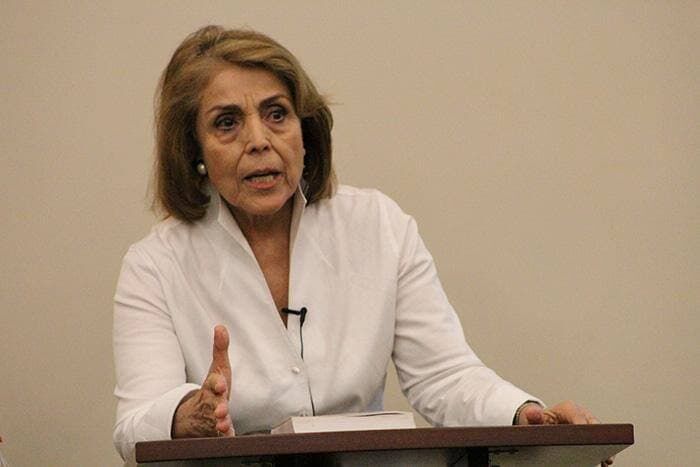



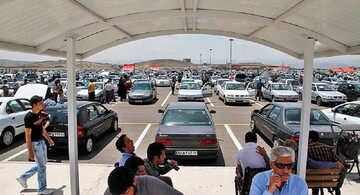
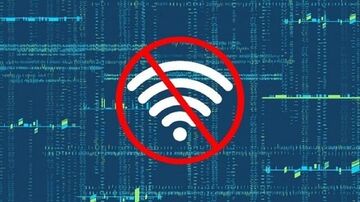
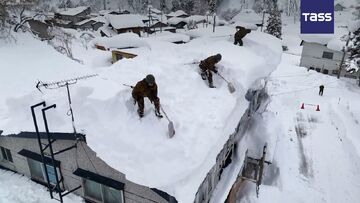
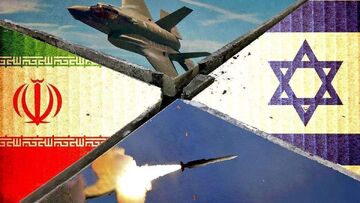
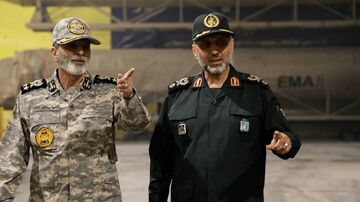

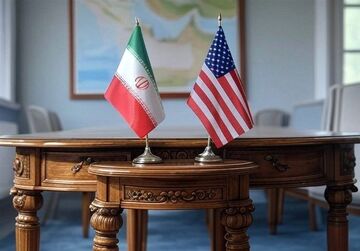
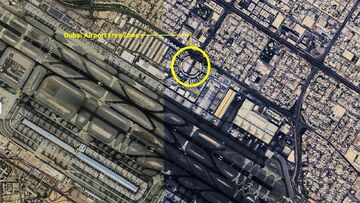
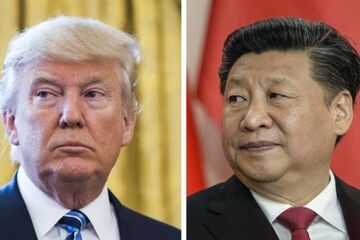
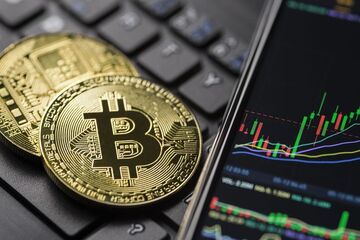
نظر شما